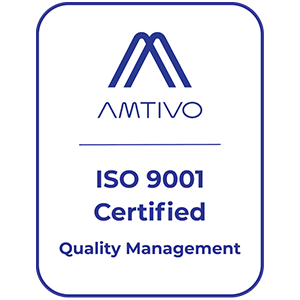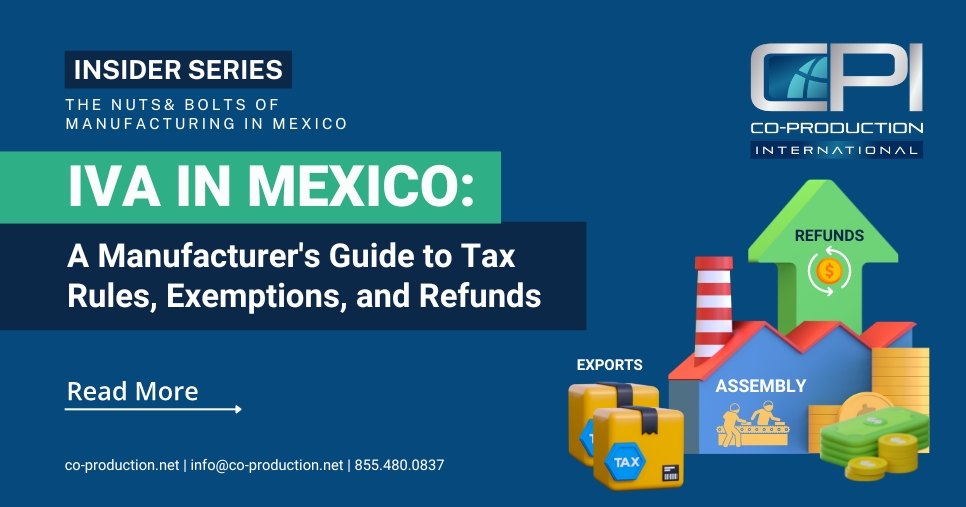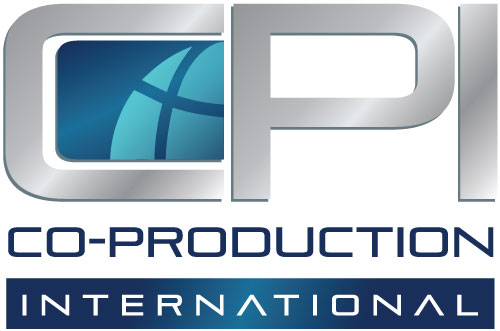Negotiators fail to finalize any new sections of agreement, Further talks set for Washington in Dec., Montreal in Jan.
The latest round of Nafta talks wrapped up without major breakthroughs, the latest signal talks have bogged down on controversial proposals from U.S. President Donald Trump’s administration.
Negotiators fell short of finishing work on any individual section of the agreement during this round, according to two people familiar with the discussions who spoke on condition of anonymity. A senior U.S. official briefing reporters on Nafta on Tuesday didn’t identify any specific areas or indicate that agreement was reached on any new chapters.
While the U.S. has presented the bulk of its proposals, it’d like to see counteroffers and more engagement, including on vehicles, according to the American official.
The U.S. has proposed increasing the regional content requirement for autos to qualify for Nafta’s tariff benefits to 85 percent from 62.5 percent and add a rule that 50 percent of the car must be built in the U.S. Mexico and Canada have rejected this demand.
The just-concluded negotiation was the first to not include the cabinet figures leading negotiations. Instead, less-senior staff and bureaucrats were tasked largely to plod ahead on more minor areas.
Talks scheduled for next month in Washington will be on a smaller scale than previous rounds. Those will be followed by the official sixth round in Montreal Jan. 23-28.
In the latest round, México proposed limiting access to government contracts for U.S. firms, effectively a tit-for-tat proposal after the U.S. made a similar move. The U.S. official on Tuesday said Mexico’s offer doesn’t move the ball forward.
Canadian Foreign Affairs Minister Chrystia Freeland, speaking in Ottawa on Tuesday, said there’d been “good progress” but that “significant differences remain” on key issues such as the auto rules-of-origin and dispute panels.
The sprint for a U.S. tax overhaul this year has overtaken much of the agenda in Washington, diverting some attention from Nafta. There’s still no clear path to a deal on a successor to the North American Free Trade Agreement, which governs more than $1 trillion in trade between the U.S. and its two biggest export markets.
By Josh Wingrove , Eric Martin , and Andrew Mayeda
— With assistance by Greg Quinn




.png)







